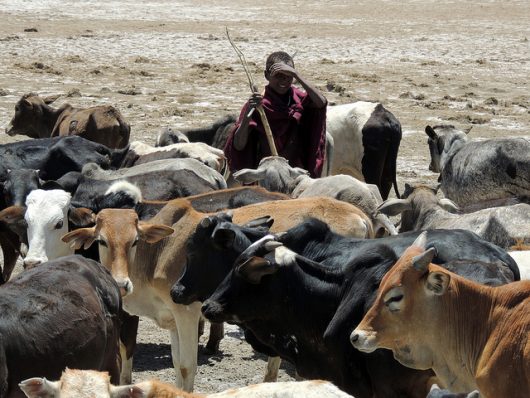Sleeping sickness rocks pastoral communities

Sleeping sickness is wreaking havoc among pastoral communities in Northern Tanzania, a scientist, Prof Paul Gwakisa, has said, calling for immediate solution to control the infections.
Speaking during a Policy Dialogue in Dar es Salaam yesterday, Prof Gwakisa, who is a Project Investigator on human African Trypanosomiasis among pastoralist communities in Northern part of the country, said immediate measures are needed to control the disease.
“If the disease is not immediately placed under control it is likely that infection will increase, resulting in uncontrolled deaths of people and animals in the pastoral communities in the country,” he explained.
He said the World Health Organisation has classified sleeping sickness as among neglected diseases, although it possesses magnitude effects to the lives of people. According to WHO, human African trypanosomiasis, also known as sleeping sickness, is a vector-borne parasitic disease.
It is caused by infection with protozoan parasites and is transmitted to humans by tsetse fly bites which have acquired their infection from human beings or from animals harbouring human pathogenic parasites.
Prof Gwakisa said the disease needs to be accorded duorecognition to ensure it gains influence at policy level. He called for the need to educate pastoralists to equip them with enough knowledge about the disease to combat its spread, noting that majority of the livestock keepers reside near national parks where tsetse flies are.
“It’s most likely that these people at times may be bitten by tsetse flies and contract a fever and think that its normal but in most cases not,” he said.
The Director of Preventive Services at the Ministry of Health Community Development, Gender, Elderly and Children, Dr Neema Rusibamayila, noted that policy dialogue will discuss aspects of climate change, community engagement, land use and risk prediction of Maasai community which require attention of policy makers in the country.
“The findings will enable them to meet future challenges of climate change adaptation which we see it’s imminent across all sectors. Research findings will also assist policy makers to make informed decisions and programmed solutions for the well being of the nation,” said Dr Rusibamayila.
She recommended Nelson Mandela African Institute of Science and Technology (NM AIST) and NIMR to carry out the research. The Director General of the National Institute for Medical Research (NIMR), Prof Yunus Mgaya, said surveillance of the disease began way back at the Tabora Institute for Medical Research.
“The lives of millions of people in sub-Saharan African including Tanzania are negatively affected and rendered more vulnerable through inter action with animals and plants.
Climate change and variability is creating immense pressure on eco- systems, health influences that causes global change affecting people,” said Prof Mgaya.
He pointed out that Sub-Saharan Africa is disadvantaged because it has the highest burden of infections and diseases and yet the least capacity of the diagnosis, detection and management.
